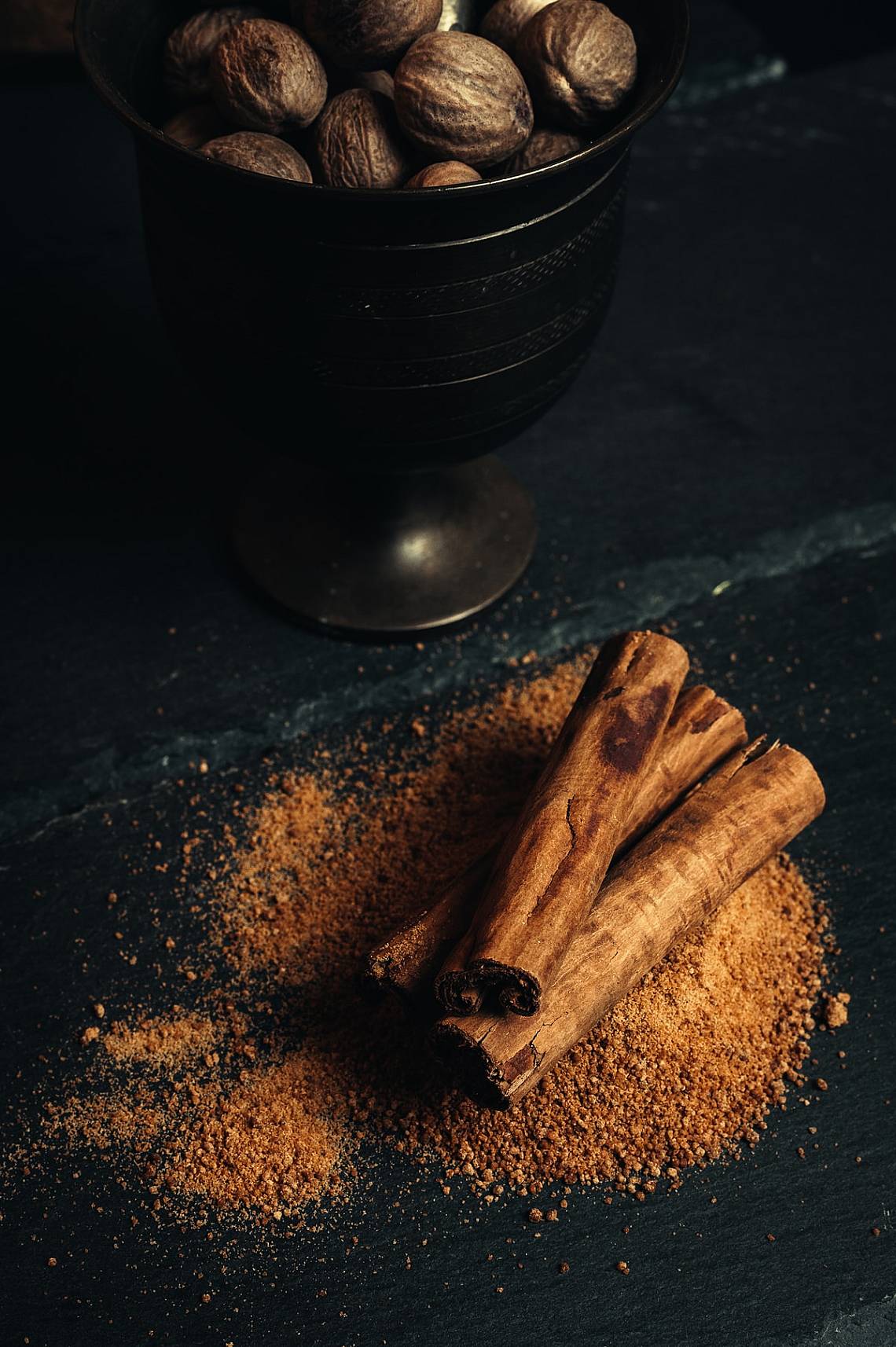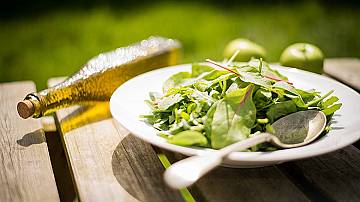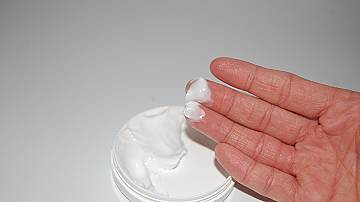
What is cinnamon?
Cinnamon is one of the world's most popular spices. It is produced from the bark of the cinnamon tree and rolled into cinnamon sticks or ground into a fine powder. The spice has a pleasant taste and a warm smell, making it popular in cooking.
For thousands of years, cinnamon tree extracts have been used in traditional medicine. Doctors used it to treat coughs, arthritis, and sore throats during the Middle Ages. For centuries, cinnamon has been part of traditional Ayurvedic and Chinese medicine. Cinnamon has long been used as a home remedy to treat heartburn, indigestion, and nausea due to its digestive and gastrointestinal benefits.
Cinnamon contains cinnamaldehyde, a compound that gives cinnamon its distinct aroma and flavor, as well as its alleged health benefits.

Types of cinnamon
There are two main types of cinnamon: cassia cinnamon and Ceylon cinnamon. The two types of cinnamon have different nutritional properties. Ceylon cinnamon, often called "true cinnamon," is the most expensive variety. Cassia cinnamon is the type most commonly found in grocery stores. Ceylon cinnamon originates from Sri Lanka, while cassia cinnamon originates from southern China. Cinnamon cassia may contain high levels of coumarin, a plant compound that can harm the liver.
Nutritional properties of cinnamon
One teaspoon (3 g) of cinnamon (ground) provides:
- 7Kcal / 31KJ
- 0.1 g protein
- 0.9 g carbohydrate
- 1.6 g fiber

Health benefits of cinnamon
According to research, compounds in cinnamon have antioxidant, anti-inflammatory, antidiabetic, and antibacterial effects and may protect against cancer and cardiovascular disease. However, more evidence is needed to confirm the benefits of cinnamon. Scientists have found evidence of some possible health benefits of cinnamon, but many of them have issues that make their conclusions uncertain.
Some studies suggest that cinnamon may be helpful for people with diabetes. It may also help them lower their cholesterol. One study suggests that cinnamon may help with obesity and weight loss. Research on cinnamon is still ongoing, and while preliminary findings are encouraging, further human studies are needed.
Side effects of cinnamon
Consuming moderate amounts of cinnamon appears to be safe for most people. It is not a good idea to ingest it in large quantities.
Cinnamon contains coumarin. Ingesting too much coumarin can cause liver damage and affect blood clotting.








